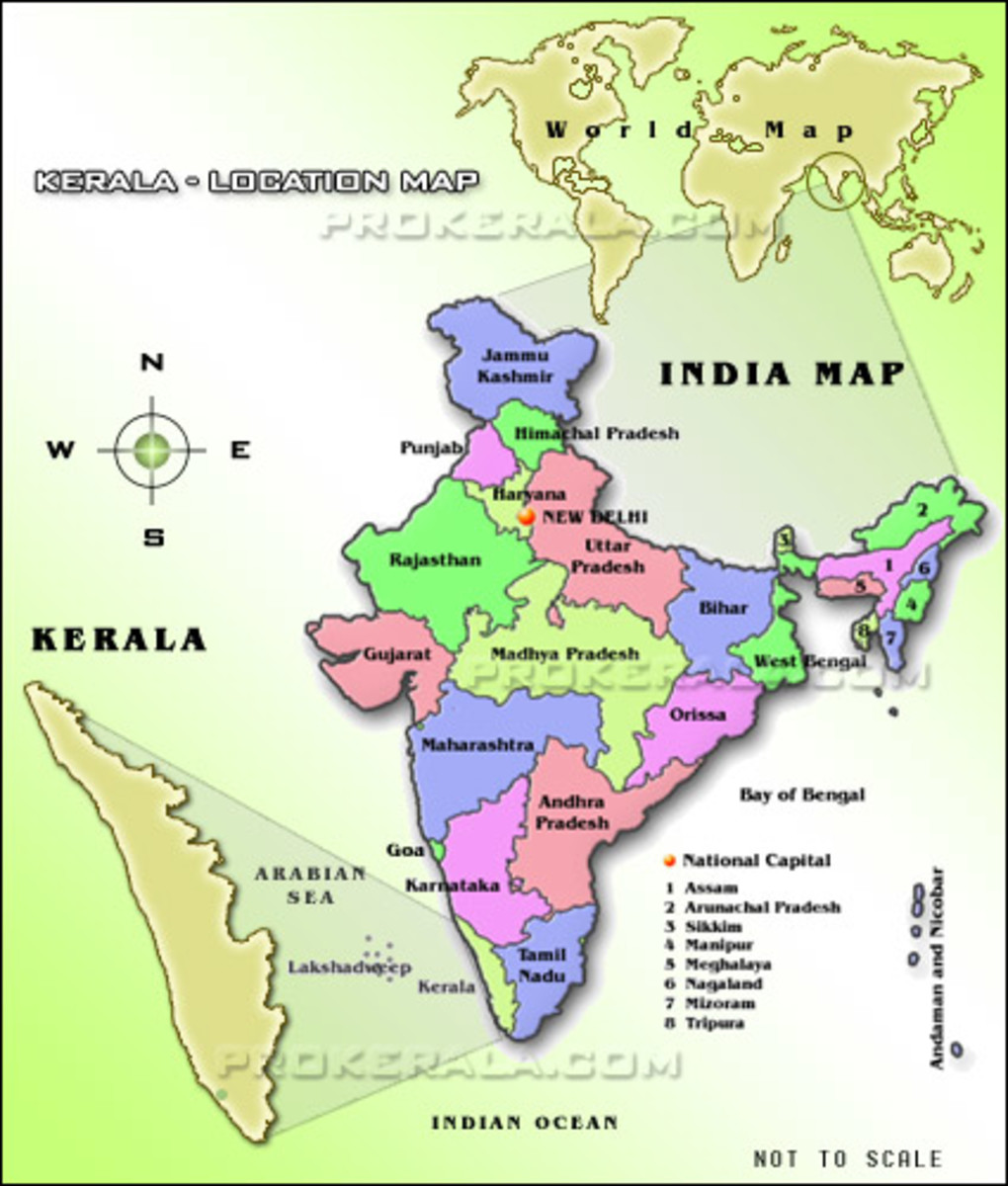Does time exist? An interesting questionning
It’s an excellent question to ask because all it takes is a brief thought exercise: if no one is there to observe the passage of time… Does it still pass? We can’t confirm it. Time exists because we count it. Is an animal aware of minutes and seconds passing? No, because we, humans, invented these measures of time. We created what is called a ‘second’. But when did we start counting?

Origins of the concept of time
What is time? Theoretically, there is no absolute unit of time. However, time is often defined to be a progression. Changes in time occur as a result of movement (such as a person walking, a tremor, or even an explosion). Although the idea of time as a progression may be somewhat obvious, the date when “time began” is rather debated, as there are conflicting opinions. Some people believe that time began with the Big Bang when the Universe was created.
The first traces of the concept of measuring time date back to ancient times, in particular to the Mesopotamian and Egyptian civilizations, which developed rudimentary systems for dividing and measuring time. The Egyptians were the first to divide the day into twelve hours, while the Babylonians invented a scientific term to describe a minute. The practice was later adopted by the Greeks and then the Romans.
The link between time and social organization
The organization and measurement of time played a crucial role in the daily life of the first agricultural societies. At that time, the main purpose of creating time was social: to better organize meetings and collective activities. However, agriculture became the main driving force behind this need for time. Field management and population growth forced farmers to set precise times to meet the growing demand for food.

Before the advent of electric lighting, the rhythm of human life was closely linked to the natural cycles of day and night, as well as to the phases of the moon. The introduction of artificial light extended our waking hours, enabling us to organize our time more effectively. The measurement and effective management of time have become essential for high productivity.
The invention of time and its regulation were closely linked to agriculture and the sedentarization of societies. The need to plan and coordinate agricultural activities led to the systematic management of time, marking the beginning of a new era in human development.

When we lived as nomads, power was determined by bestial aspects: physical strength and hunting skills. With sedentarization, power becomes associated with the quantity of possessions, because as we settle down somewhere, we have the time to accumulate things. Whereas previously the meaning of our nomadic existence was short-term, a simple objective of day-to-day survival, sedentarization has led us to revisit the meaning of our existence. Now that we are sedentary, we can settle down somewhere and accumulate our possessions.
This change from a nomadic to a sedentary lifestyle has also altered our way of life, moving from a group lifestyle to a more solitary one. Before, we lived in large family groups, thinking of the well-being of the group above all else. We didn’t question ourselves, we thought as a group. The fact that we think, question ourselves, and want to develop personally has led us to a more individualistic existence.
In the animal kingdom, many species have gone in the opposite direction, moving from a solitary life to group life, usually to improve their survival, reproduction, and ecological success. This change may be motivated by various environmental or social factors. The ancestors of wolves were probably more solitary animals, but modern wolves live in hierarchical packs to hunt and protect themselves. The ancestors of modern lions were probably also solitary felines, similar to other big cats such as leopards. Throughout evolution, lions developed more complex social structures, in particular family groups called prides.
Originally nomadic and living in groups, the human species has become a sedentary species with individualistic tendencies. I believe that time has something to do with this change, since it led to sedentarization, which in turn, through the possibility of accumulating possessions, led to the desire for power, which in turn tends to make us more individualistic.
The importance of time?
Why is it so important to know time? We always have access to time. Whether at home, displayed on the oven, or on our phone, at any time of day we know exactly what time it is. What was originally created to help us get organized has now led us to hyper-plan our lives with precision, to try to fill this time with as many things as possible, to run out of steam to be as productive as possible, whereas… we don’t have to fill time, we can just enjoy it.
Try the experiment
On a weekend afternoon or evening, refuse to look at the clock. Live your life without even knowing what time it is, if only for a few hours.
After trying the experiment of living without checking the time for a few hours, did you notice any changes in your perception of time, productivity, or overall well-being? Share your experience and insights with us!
For tips on time management, read « Your Time is Infite » on Ditch The Grind
© 2024 Melodie Langevin





